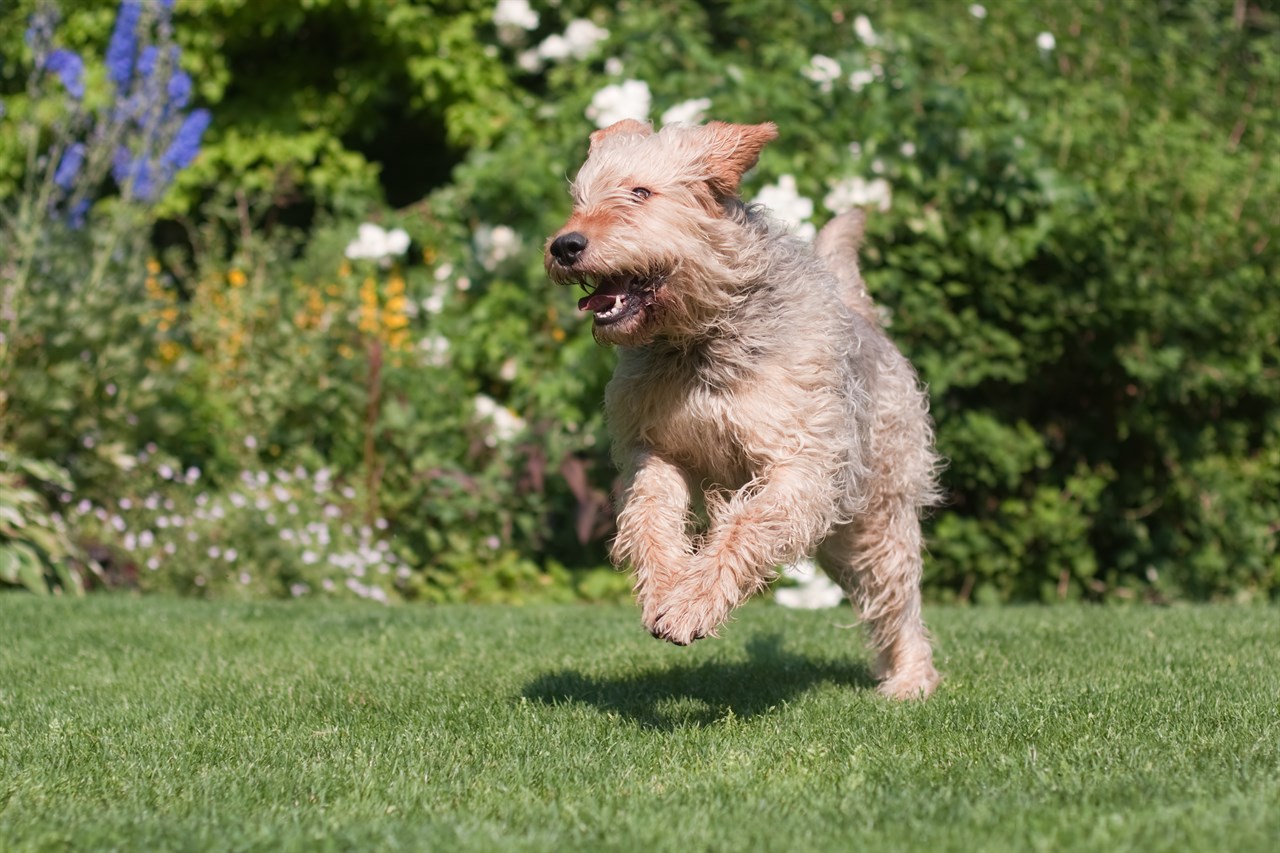Feeding Habits and Food Requirements of the Otterhound

Proper nutrition is essential to maintain the health and well-being of your Otterhound. This section will cover their feeding habits, dietary needs, and some important considerations for feeding this unique breed.
Feeding Habits
Otterhounds, like many dogs, have individual feeding habits that can vary. However, there are some common characteristics to consider:
- Appetite: Otterhounds typically have hearty appetites. They enjoy eating and may be prone to overeating if given the opportunity. Monitoring portion sizes and maintaining a healthy weight is essential.
- Slow Eaters: Many Otterhounds are slow eaters. They may take their time to savour each bite and may not rush through their meals.
- Water Intake: Otterhounds can be prone to drooling, which can be particularly noticeable around mealtime. Ensure they have access to fresh water at all times.
Dietary Needs
Meeting the dietary needs of your Otterhound is crucial to their overall health. Here are some dietary considerations:
- High-Quality Dog Food: Choose a high-quality dog food that is appropriate for your Otterhound's age, size, and activity level. Look for a brand that lists meat as the primary ingredient and is free from fillers and artificial additives.
- Portion Control: Otterhounds can be prone to obesity, so it's essential to monitor their portion sizes and adjust them based on their activity level and body condition. Consult with your veterinarian to determine the right portion size for your individual dog.
- Regular Feeding Schedule: Establish a consistent feeding schedule with two meals per day for adult Otterhounds. Puppies may require more frequent meals.
- Avoid Overfeeding: Resist the urge to overfeed your Otterhound, as excess weight can lead to health issues, including joint problems. Measure their food portions and limit treats to prevent overindulgence.
- Special Dietary Considerations: Some Otterhounds may have dietary sensitivities or allergies. If you suspect your dog has food allergies or intolerances, consult with your veterinarian to determine an appropriate diet.
- Water Access: Provide access to fresh water at all times, especially during and after meals. Adequate hydration is essential for digestion and overall health.
- Avoid Table Scraps: Refrain from feeding your Otterhound table scraps or human food, as this can lead to obesity, digestive issues, and even toxicity in some cases.
- Senior Dog Diet: As Otterhounds age, their dietary needs may change. Consider transitioning to a senior dog food that addresses their specific requirements, such as joint health and reduced calorie content.
Consult with a Veterinarian
It's essential to consult with your veterinarian to determine the best diet and feeding plan for your Otterhound. They can provide guidance on portion sizes, dietary choices, and any special considerations based on your dog's individual health and needs.
In conclusion, providing proper nutrition is a key component of caring for your Otterhound. By choosing high-quality dog food, monitoring portion sizes, maintaining a regular feeding schedule, and addressing any specific dietary needs or concerns with your veterinarian, you can ensure that your Otterhound enjoys a healthy and balanced diet for a happy and active life.
Otterhound puppies for sale
- Find Otterhound puppies for sale in ACT
- Find Otterhound puppies for sale in NSW
- Find Otterhound puppies for sale in NT
- Find Otterhound puppies for sale in QLD
- Find Otterhound puppies for sale in SA
- Find Otterhound puppies for sale in TAS
- Find Otterhound puppies for sale in VIC
- Find Otterhound puppies for sale in WA